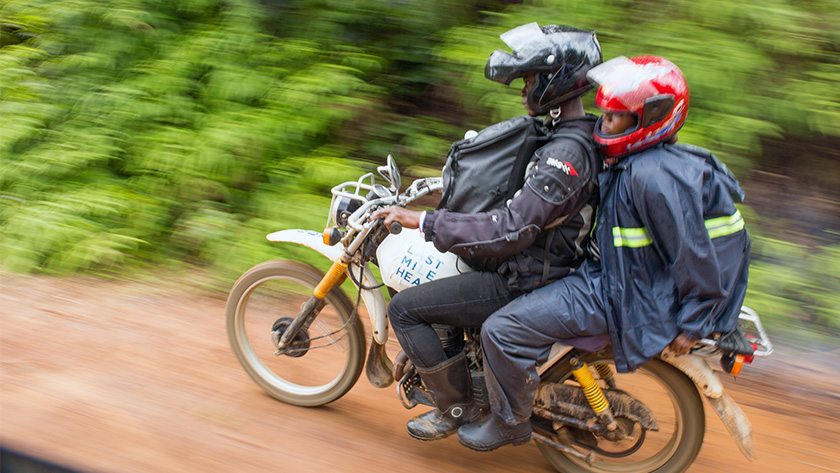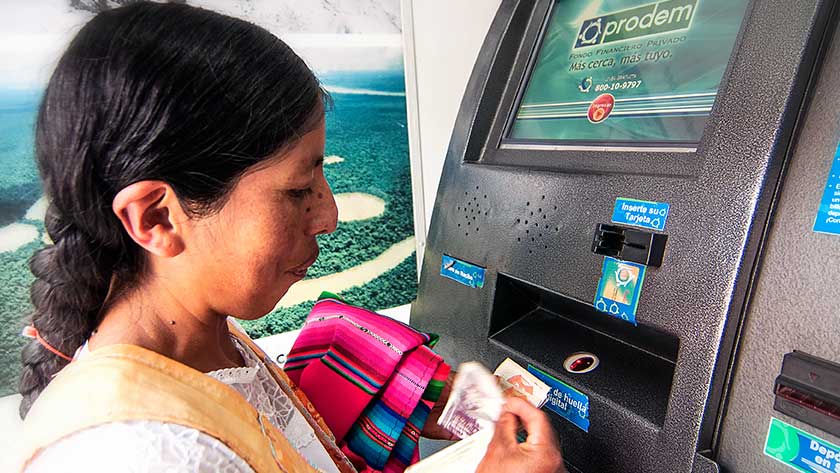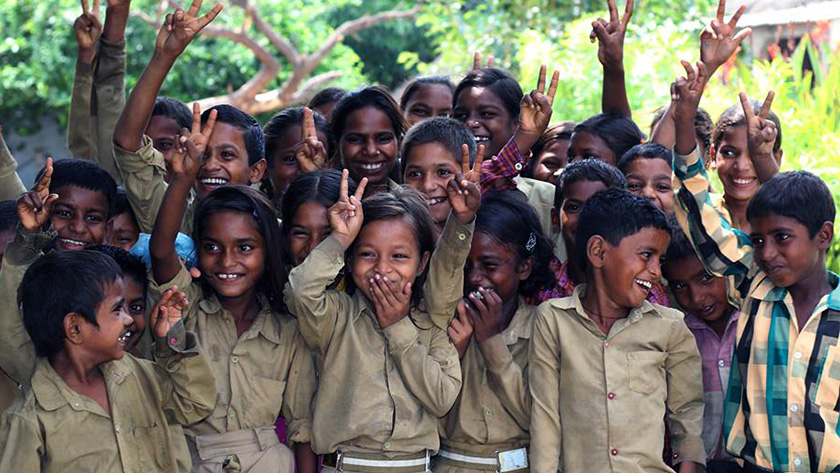Back in the fall of 2017, the Skoll Foundation joined several other funders—Richard Chandler, Bill and Melinda Gates, The Rockefeller Foundation, and Rohini and Nandan Nilekani—to commit $500 million for investment in health, economic opportunity, and education in the developing world. This landmark effort of collaborative philanthropy—Co-Impact—focuses on systems-based approaches to solving complex problems.
“This kind of philanthropic collaboration focused on multiplying impact by unleashing the power of the collective allows us all to take risks and aim higher than we would individually,” said Richard Fahey, Interim President, Skoll Foundation. “Co-Impact offers a platform for philanthropists and social change leaders to advance more fair, just, and functional social systems—efforts that require sustained and committed support.”
Today, Co-Impact announced its first round of grants, totaling more than $80 million for five initiatives that have demonstrated considerable impact:
 A collaboration between Liberia’s Ministry of Health, Last Mile Health, and partner NGOs and funders to establish a network of trained health workers to provide essential medical services to more than 1 million people in Liberia’s remote communities.
A collaboration between Liberia’s Ministry of Health, Last Mile Health, and partner NGOs and funders to establish a network of trained health workers to provide essential medical services to more than 1 million people in Liberia’s remote communities.
 A global multi-stakeholder effort, involving Fundacion Capital, Jeevika, and the Partnership for Economic Inclusion (PEI) that supports governments to implement a proven, effective package of household-level interventions to lift millions of people out of extreme poverty.
A global multi-stakeholder effort, involving Fundacion Capital, Jeevika, and the Partnership for Economic Inclusion (PEI) that supports governments to implement a proven, effective package of household-level interventions to lift millions of people out of extreme poverty.

A joint venture between Pratham and the Abdul Latif Jameel Poverty Action Lab (J-PAL) to support African governments and partners develop locally effective approaches to help all children read and do basic arithmetic, and develop the essential foundation for lifelong learning.
A global movement in 34 countries and growing, to expand work in India to build the capacity of community healthcare providers across the country, treating patients with chronic and complex diseases via a highly scalable model that leverages technology for remote mentoring and group problem-solving.
A new global network of cities seeking to transform approaches to mental health access and care for young people, to launch and test its platform in Chennai, India and Nairobi, Kenya.
Co-Impact joins other funder initiatives like the Audacious Project and Blue Meridian in a growing trend toward collaborative philanthropy aimed at systems-level impact by leveraging pooled resources. While philanthropy has weathered recent criticism for being unaccountable and lacking transparency, Co-Impact is committed to acknowledging lessons learned, course corrections, even failures, and sharing these experiences with the larger social sector community. Co-Impact expects that this round of investment will improve the lives of some nine million people in at least seven countries.